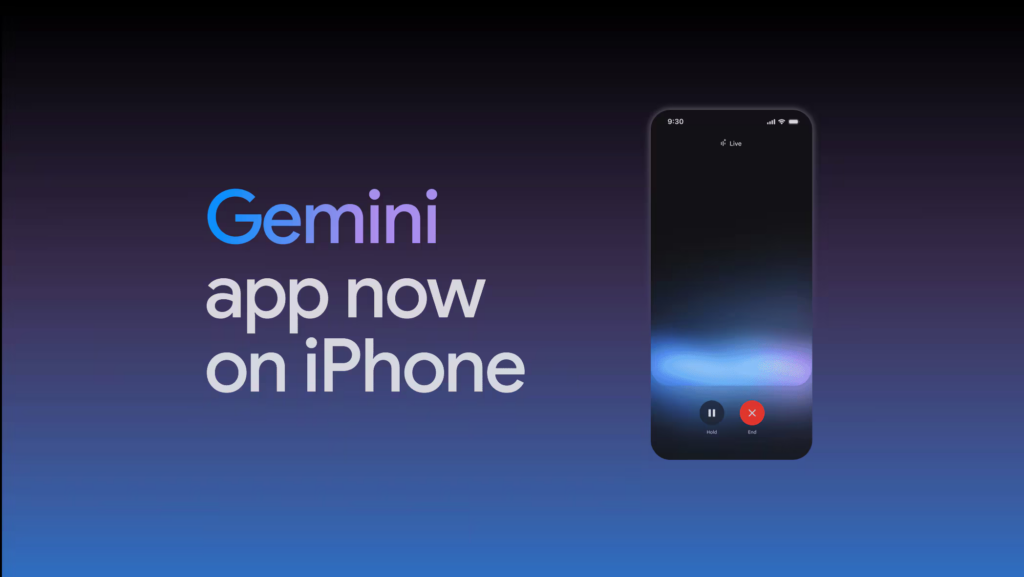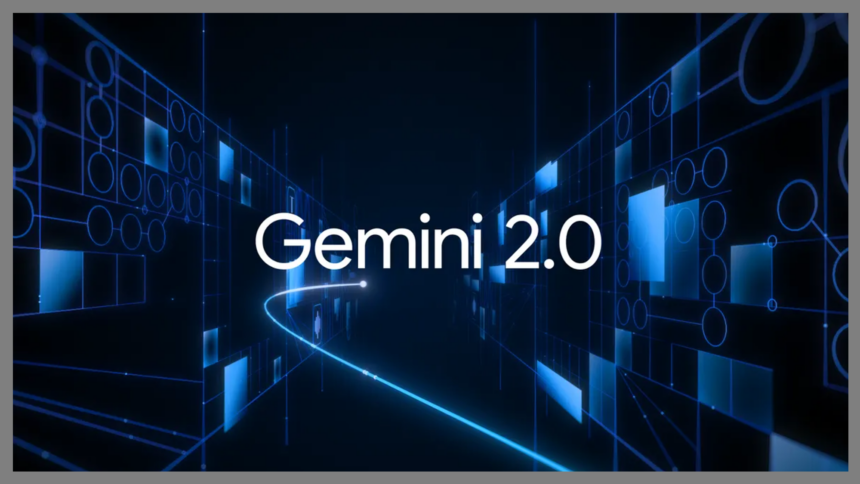Google is pushing its AI technologies, hard! Its latest unveiling, Gemini 2.0, is designed to take on more human-like tasks like image interpretation, video game planning, and assisting online searches. 2.0 expands Gemini’s reach its vast ecosystem and launches a fresh salvo at OpenAI and Microsoft.
What’s Happening & Why This Matters
Gemini 2.0 is all about agentic AI, a term that refers to AI systems capable of taking action on your behalf. Google’s CEO, Sundar Pichai, described Gemini as a tool that “understands more about the world around you, thinks multiple steps ahead, and takes action on your behalf, with your supervision.” It’s an AI model that’s not just about answering questions but also about anticipating needs and acting proactively.
This new technology is packaged as Gemini 2.0 Flash, the smallest model in the family, capable of generating text, images, and even speech. For developers, it promises faster performance—twice as fast as the previous model—while still maintaining high quality in its outputs.
But Google isn’t just thinking about developers. They’re planning to roll this technology into their more consumer-facing products, including Android Studio, Chrome DevTools, and Firebase. The goal is to make AI a more embedded part of everyday tools, from the Chrome browser to YouTube, and eventually, even Google Maps and digital maps.

However, not everything will be available immediately. Gemini 2.0 Flash’s image generation and text-to-speech features will remain exclusive to early access partners until January 2025. But when fully rolled out, it’s clear that this technology will touch nearly every aspect of Google’s services, opening the door to a new generation of interactive tools powered by AI.
Antitrust and the AI Future
In addition to performance improvements, SynthID watermarking has been added to Gemini 2.0. This technology is designed to label AI-generated content, such as images and audio, making it easier to spot and verify AI-created media. Google recognizes the need to safeguard against misuse, and SynthID will be a part of all audio and images created with the technology.
Despite the excitement around its new AI capabilities, Google is also dealing with significant challenges in the U.S. due to antitrust concerns. The U.S. Department of Justice is pursuing a potential breakup of the company after ruling its search engine a monopoly. If the breakup happens, Google could be forced to sell or spin off parts of its business, including Chrome. While this decision is still in the courts, Google continues to focus on its AI advancements and has voiced its intent to resist any forced changes, signaling its belief in the importance of staying ahead in AI development.
TF Summary: What’s Next?
Google’s Gemini 2.0 is what some might call the “AI of tomorrow.” 2.0 is about making AI smarter, more proactive, and embedded into the tools people already use. With plans for wider services integration, TF foresees more AI-driven experiences in every possible Google product. Simultaneously, Google faces a definitive legal battle that could restructures its businesses forever. Whether or not the company is forced to split, one thing is clear: Google is doubling down on AI for the next generations of technology.
What will Google’s AI do next? The real potential is in how Gemini 2.0 and future models adapt to consumers’ needs. All this while pushing the boundaries of what Gemini can achieve. Check in with Google (and TF) as more AI updates develop.

— Text-to-Speech (TTS) provided by gspeech


